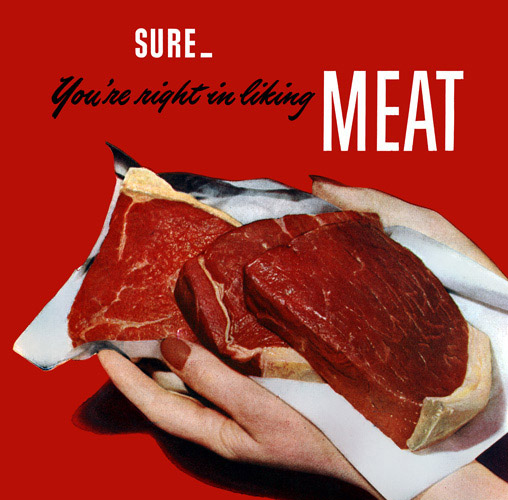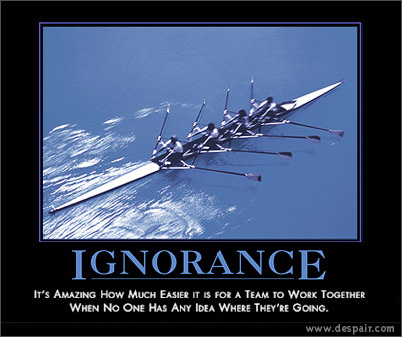
In terms of the "ought implies can" theory, i think it's a great thing to choose to be vegetarian; but sometimes it just becomes more of a great idea than something that someone can actually stick with. With economic restraints and a hectic lifestyle, it's a true challenge to remain true to a vegetarian diet.
And if one’s excuse for eating vegetarian is to keep the environment safe and healthy, then why not also trash people for owning a car and driving too much, or for using too much electricity and turning on the lights too often? This would appear to contradict nearly ninety percent of the argument about maintaining a meat-eating lifestyle. I opt to eat meat because it is simply a part of my life; I enjoy its taste (although I am not keen on certain meats such as steak and pork), it is a substantial source of protein and dietary requirements, and, generally, I consume the most carefully raised meat available to me; and, relatively, I don’t particularly eat that much of it.
Humans certainly do not tread lightly on this globe. Most all of us are of the same mind that we need to considerably minimize the footprints we are leaving. I would definitely prefer to dispute needless cruelty and pointless overconsumption for a much more long term and enhanced human and worldly wellbeing, than for an austere regimen that the bulk of the planet’s inhabitants will refuse to follow. I believe people can attend to “eat less meat,” and “respect the rights of all living things” and, thus, I can confidently advocate such ideas. But “eat no meat?” In my opinion, the minority of people will not hear that, nor will they support it.







